Retinol has long ruled the skin care game when it comes to brightening and smoothing the complexion, but now bakuchiol is drawing comparisons to the vitamin A derivative. The best part? The natural, plant-based skin care ingredient doesn’t dry out or irritate the skin like retinol, so it’s safe to use for those with sensitive skin (and even encouraged by dermatologists).
“Bakuchiol is extracted from the leaves and seeds of the babchi plant (psoralea corylifolia) which grows on the Indian subcontinent and has been historically used in Chinese and Ayurvedic healing treatments,” explains Dr. Robert Schwarcz, an oculofacial plastic surgeon and founder of skin care brand Orvos Skin Science. He notes that its anti-inflammatory and antibacterial properties are calming and restorative for the skin.
Since it is sourced from the babchi plant, it is often labeled as a vegan or natural alternative to retinol. But according to experts, it’s not accurate to call it a vegan or natural retinol — read on to discover why.
Dr. Shereene Idriss, founder of Idriss Dermatology in New York City and creator of the #pillowtalkderm series on Instagram, explains that bakuchiol “behaves on the skin in a similar way to retinol, which is very well established and a skin care superstar, but chemically, they are not similar at all, so it is not correct to say that bakuchiol is the ‘natural retinol.”
Into the nitty-gritty of the chemistry, Idriss explains that retinol and bakuchiol similarly boost collagen production and down regulate MNPS, “which is basically a matrix of metalloproteinase and the enzyme that attacks collagen in our skin.” In other words, they both modify the way the skin produces collagen, which results in plumper, brighter skin and reduced fine lines and wrinkles.
Like retinol, you’ll find bakuchiol in a wide range of skin care products, from moisturizers to eye creams to face oils and more.
Bakuchiol can be used on its own, or for those who can tolerate retinol, it can be paired with the anti-aging ingredient — and the experts say it’s even a good idea to do so. “Bakuchiol can help stabilize retinol, which can be very unstable and hard to formulate,” Idriss says.
“Using bakuchiol and retinol at the same time can help you achieve a healthier, fresher-looking complexion,” says Amy Peterson, medical aesthetician and founder of Miami medspa Skincare by Amy Peterson. “Using the two in conjunction helps with the prevention of wrinkles, and stimulates collagen production.”
If you use retinol and bakuchiol in your routine, Peterson suggests using a bakuchiol product during the day, since it won’t sensitize your skin to the sun, and a retinol product at night. And if you alternate days when you use retinol products, you can use bakuchiol on the days you don’t apply retinol to continue receiving the collagen-boosting benefits.
As with most products, consistency is key, and Peterson says you’ll start seeing the visible results of using bakuchiol after six to 12 weeks of regularly using bakuchiol skin care.
From targeted eye creams to everyday moisturizers, find 14 bakuchiol products worth trying below.
This AHA- and bakuchiol-powered day serum from OleHenriksen is one of Idriss’s picks. The gentle glycolic and lactic acids refine the skin, while the bakuchiol reduces fine lines, wrinkles and other signs of aging. Due to the AHAs, you’ll want to be sure to wear SPF during the day.
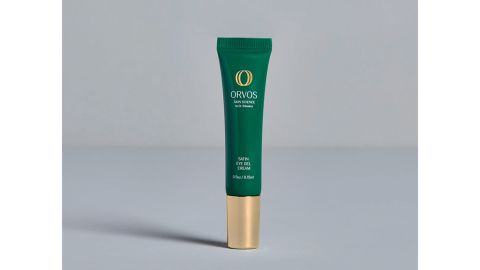
For a targeted treatment, Schwarcz recommends this eye cream from his own line, which treats dark circles and fine lines and features a cooling massage applicator. Along with natural extracts from green tea, coffee arabica seed and kakadu plum, bakuchiol is a main ingredient. “Bakuchiol targets dullness and uneven texture, while green tea extra helps calm irritation, soothe redness and de-puff with natural caffeine,” Schwarcz says.
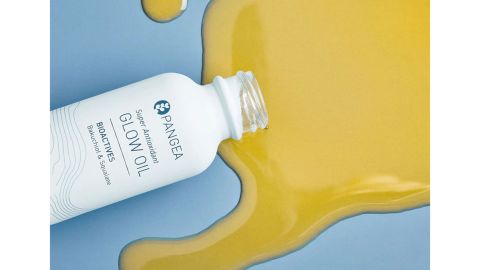
This plant-powered face oil features six active antioxidants and oils — including bakuchiol, sqaulane and rosehip oil — to lock in hydration and soothe the skin.
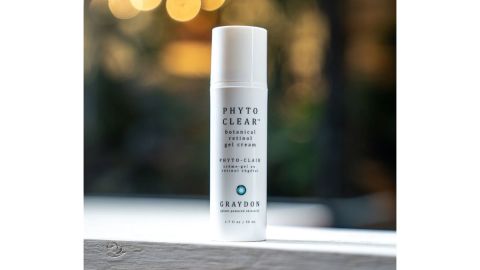
This lightweight gel cream moisturizer doubles up on plant-based retinol alternatives, mixing bakuchiol with moth bean extract, which similarly targets fine lines and wrinkles by boosting collagen and cell renewal.
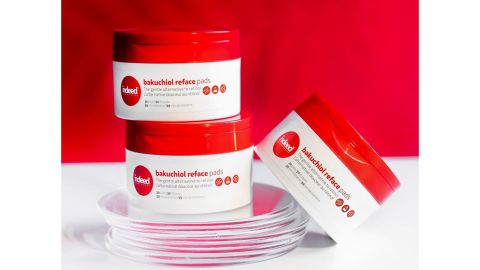
A favorite of Idriss, these pads make it easy to incorporate bakuchiol into your skin care routine. Simply swipe one over your face after cleansing and carry on with your normal regimen.
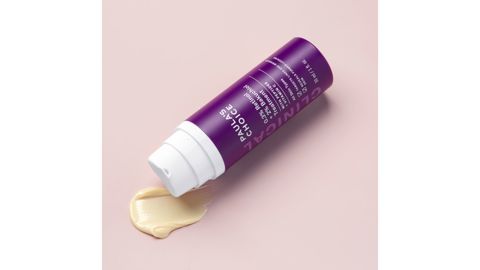
For those that can tolerate retinol, the anti-aging ingredient is paired with bakuchiol in this lotion to increase collagen and decrease the look of wrinkles.
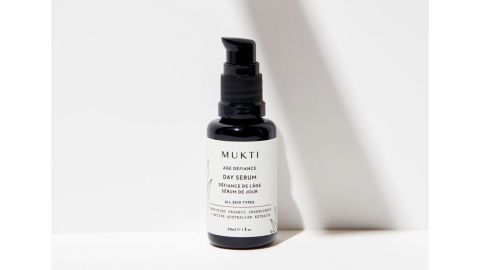
Antioxidants and peptides plump the skin while bakuchiol works its anti-aging powers for smoother, more supple skin. It is suggested to use this bakuchiol serum during the day, and a retinol treatment at night to maximize results.
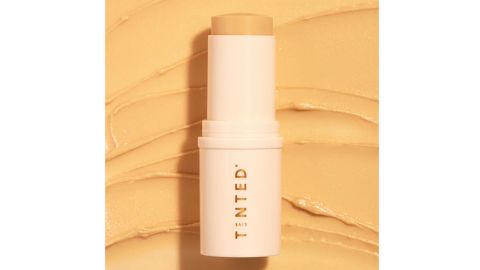
Containing 5% niacinamide for evening out skin tone, 1% bakuchiol to boost firmness and 1% THD vitamin C to treat dark spots, this balm-to-serum stick can help improve hyperpigmentation.
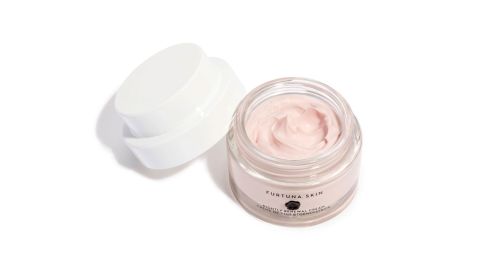
Formulated to work best while you sleep, which is the time when your skin’s cell turnover is most active, this night cream combines bakuchiol with ashwagandha and ceramides to help the skin repair and rebalance.
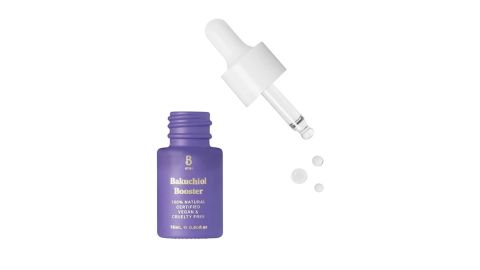
An affordable option, this booster serum can be mixed with moisturizer or other skin care to add bakuchiol’s skin refining benefits.
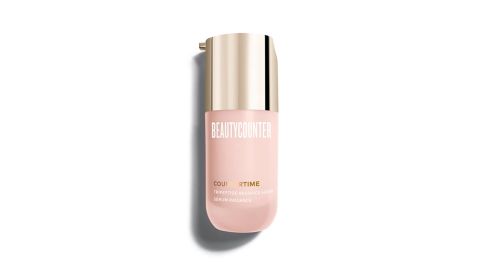
With over 3,000 5-star reviews, this serum is a cocktail of skin-saving ingredients like glycerin, tripeptide, squalane and amino acids. For an added boost, bakuchiol is joined with Swiss Alpine rose, which aids in defending the skin against free radicals.
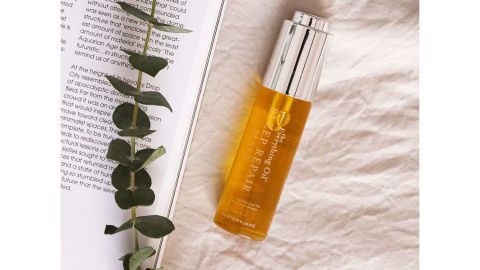
This oil-based sleep repair mask features bakuchiol, organic Moroccan prickly pear seed oil, Turkish pomegranate seed oil and Bulgarian lavender oil to nourish and plump the skin.
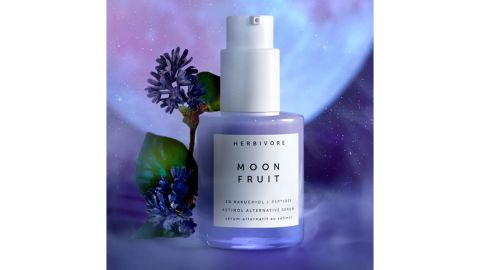
Bakuchiol and peptides plump the skin and improve the look of wrinkles without the irritation of retinol in this plant-based serum.
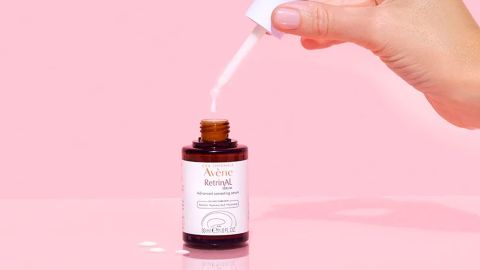
Hyaluronic acid and niacinamide help plump and brighten the skin alongside bakuchiol’s anti-aging properties in this daily serum.
https://www.cnn.com/cnn-underscored/beauty/bakuchiol-skin-care
 fashion rec fashion wanted
fashion rec fashion wanted



